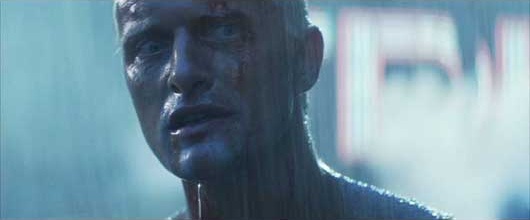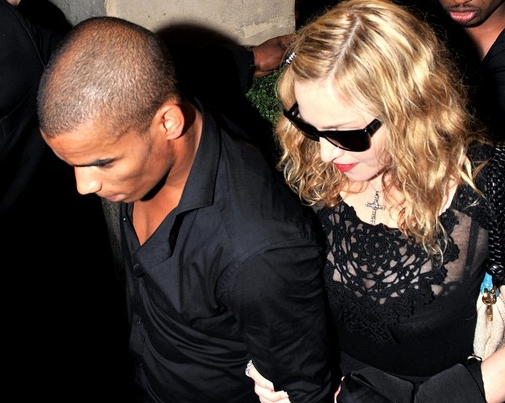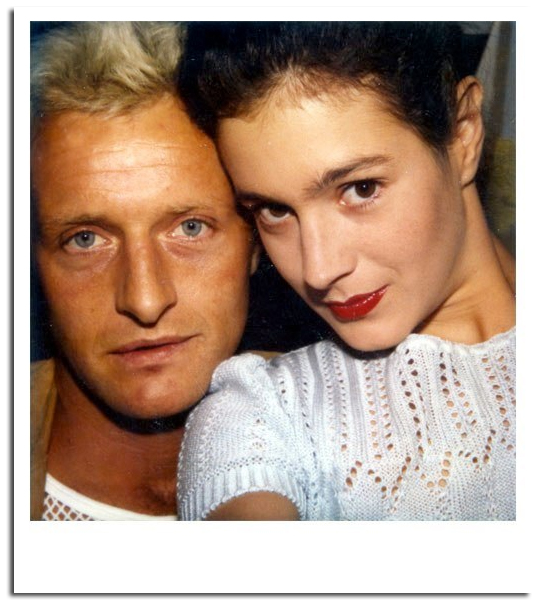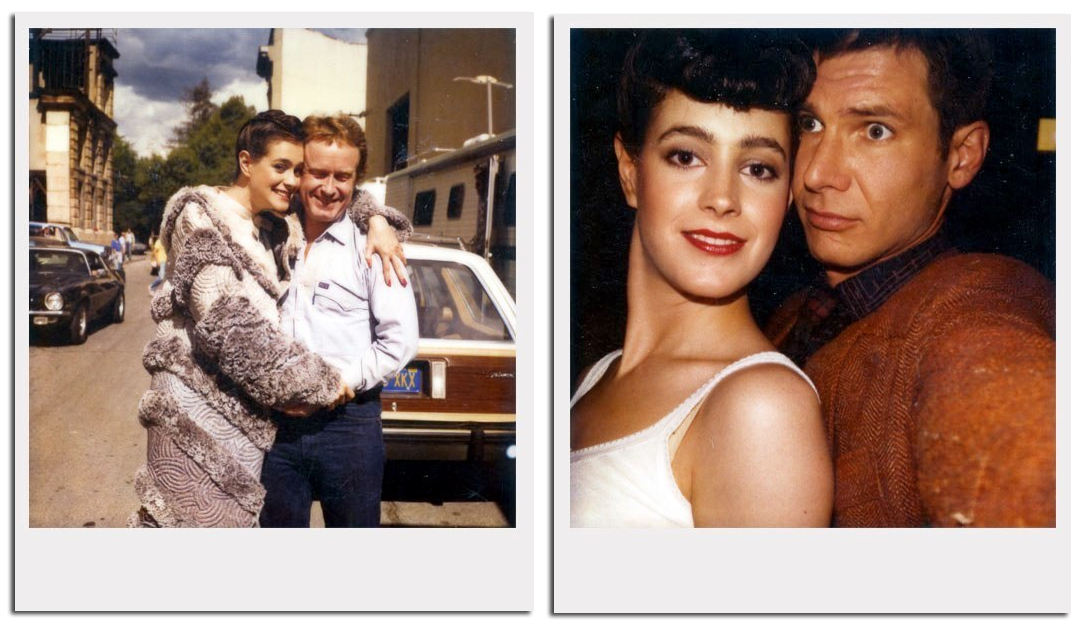Distant Relatives: Blade Runner and Moon
 Thursday, January 5, 2012 at 6:32PM
Thursday, January 5, 2012 at 6:32PM 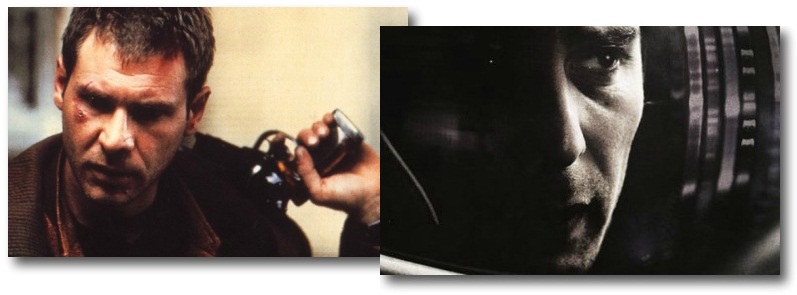
At the beginning of Moon, Sam Bell (Sam Rockwell) believes himself to be another in a long line of employees of Lunar Industries, coming to the end of his three-year-stint on the moon, looking forward with great anticipation to going home and working on mending his relationship with his wife. He's almost got it right. He is, in fact, one in a long line of clones implanted with memories, under the mistaken belief that he is the real Sam Bell, when in fact the life and wife he believes are waiting for him back on Earth have long since changed. Oh, and it's not his three-year employment contract coming to an end, it's his three-year lifespan. Blade Runner follows Deckard (Harrison Ford) a retired police officer who specialized in tracking down and "retiring" (if you don't know what that means, guess) replicants, or bioengineered humans. Deckard is brought in to find a collection of escaped replicants whose short life-spans are coming to an end, and in the process encounters more advanced replicants unaware even of their in-humanness.
Here we have the two most central issues to the human copies of Blade Runner and Moon. The first is lifespan. Dissatisfied humans don't get the opportunity to confront their creator (whoever or whatever that may be). And most world religions try to foster an attitude of thankfulness not anger. No such option from the replicants of Blade Runner who, like the Sam clones of moon are questioning and attempting to comprehend their mortality. In both cases, hell hath no fury like a human copy with the desire to survive. It's the ultimate motivator, much to the detriment of their human creators and it's the central motivation that fuels both stories. The second issue to these characters is the extent which was taken to keep them from understanding their true nature. Anyone whose ever had even the slightest element of their identity revealed to them as false knows that it's a monumental shock. Imagine the entire essence of your identity being a lie, that it was engineered that way intentionally, so you could be used. It's easy to root for the Sam clones and not surprising that even the intense brutal mug of Blade Runner baddie Roy Batty (Ruter Hauer) has become synonymous with that of the sympathetic villain.
And what of our heroes? In Moon, Sam begins under the belief that he's an original human and slowly comes to accept that he is a clone. We see the story through both the eyes of a human and a clone. And interestingly enough through the eyes of someone who still depends on a lesser sentient servant. Sam's computer Gertie waits on his every need. Perhaps he's not advanced enough to know otherwise. As for Blade Runner's Deckard, he also give us the point of view of both a human and a replicant, since his identity is eternally in question. Whether you believe he's human (like Harrison Ford) or a replicant (like Ridley Scott) is likely to color how you react to the film around him. But whether he's hunting down his own kind or not, it's difficult to cheer for him.
What does it mean to be human? The ultimate question asked by these two films, and ultimately unanswered, though ultimately we see more of ourselves in our copies than ourselves. It's not exactly a message but a meaningful ponderance from two films who suggest that man's long history of inhumanity will maintain itself well into the future.
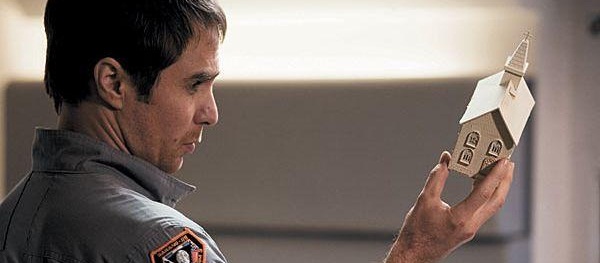
Other Cinematic Relatives: Terminator 2: Judgment Day (1992), A.I.: Artificial Intelligence (2001), Never Let Me Go (2010), Rise of the Planet of the Apes (2011)



